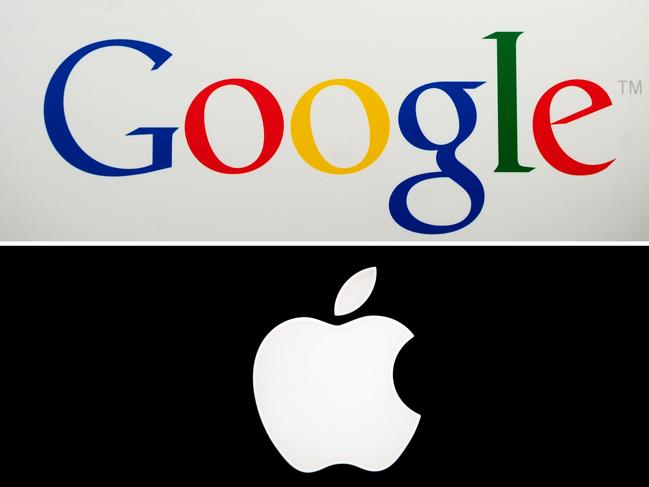Federal government moves to shatter big tech’s dominance and ‘anti-competitive’ behaviour
The federal government has backed the competition watchdog’s pleas for UK-style laws aimed at curtailing the power of big tech and making it easier to switch between platforms.

The Albanese government is moving to rein in so-called “big tech” as AI platforms are rapidly adopted across the economy, backing the competition watchdog’s pleas for tighter UK-style laws.
In a potential win for smaller firms, the federal government has agreed “in principle” to the Australian Competition and Consumer Commission’s proposals to stamp out “harmful” behaviour from the world’s top five tech companies.
This includes establishing mandatory codes of conduct designed to prevent anti-competitive conduct, which includes preferencing their own rather than rival app stores and services. The reforms also include strengthening unfair contract terms laws, and forcing digital platforms to shut down scams, fake reviews and harmful apps.
ACCC acting chair Catriona Lowe said the changes would ensure a “fairer and more transparent” system, particularly for small and medium-sized businesses.
“Companies like Google, Apple, Meta, Microsoft and Amazon supply services that most Australians use every day. These digital platforms are often unavoidable ‘gatekeepers’ between Australian businesses and consumers, giving them huge influence across the whole economy,” Ms Lowe said.
“By promoting competition in these markets, the reforms will also give consumers more choice, higher quality services, and fairer terms and conditions.”

The ACCC called for the changes as part of its five-year inquiry into the market power of the digital platforms. It has been providing reports every six months on the progress of the inquiry, which began in 2020.
The regulator has highlighted Britain as a potential model in an effort to force Apple and Google to open their app stores to more developers and competitors. Germany, Japan and the EU have also tightened regulations for digital platforms.
While Apple began preparing late last year to allow applications from outside its lucrative App Store to be downloaded onto iPhones and iPads, in response to new EU laws, Ms Lowe said changes in one jurisdiction rarely extended to another.
“It is critical that the Australian government works quickly to implement these reforms so that consumers and small businesses aren’t left behind,” she said.
The new regulatory regime would work alongside Australia’s existing competition laws. Each code would introduce targeted obligations to address the types of anti-competitive conduct most relevant to that service.
Anti-competitive conduct highlighted in the ACCC’s latest report includes self-preferencing, where platforms favour their own services in search results and app stores, and “tying” or forcing developers to use app stores’ in-app payment systems, which charge commissions of up to 30 per cent.

The ACCC also cited “unfair and arbitrary treatment” of smaller businesses that rely on the platforms to reach customers.
ACCC chair Gina Cass-Gottlieb criticised the “ecosystems” of digital platforms late last month, saying they locked in consumers and limited choices, while collecting vast amounts of data. She said the ACCC’s reforms would ensure technology benefited business and consumers.
“Consumers who use multiple products from a single digital platform may be forced to agree to unfavourable terms and conditions and/or accept unpalatable data collection practices due to a lack of suitable alternatives or because it is simply too inconvenient or costly to move out of that ecosystem,” she said.
“Our proposed reforms include a call for targeted consumer protections and service-specific codes to prevent anti-competitive conduct by particular designated digital platforms.”
Meta, which owns Facebook, said: “There is nothing inherent in digital ecosystem businesses that present greater risks of anti-competitive conduct or consumer harm than in other sectors.”
Microsoft said the ACCC needed to continue its “market-specific analysis when considering firms’ expansion activities and conduct”, while Apple and Amazon said the expansion into smart devices was “relatively recent”. Google said there were consumer advantages from its products working well together.
The Australia Institute’s democracy & accountability program director Bill Browne said the reforms were “sensible” and Australia had “proven it can take on the tech giants”.




To join the conversation, please log in. Don't have an account? Register
Join the conversation, you are commenting as Logout